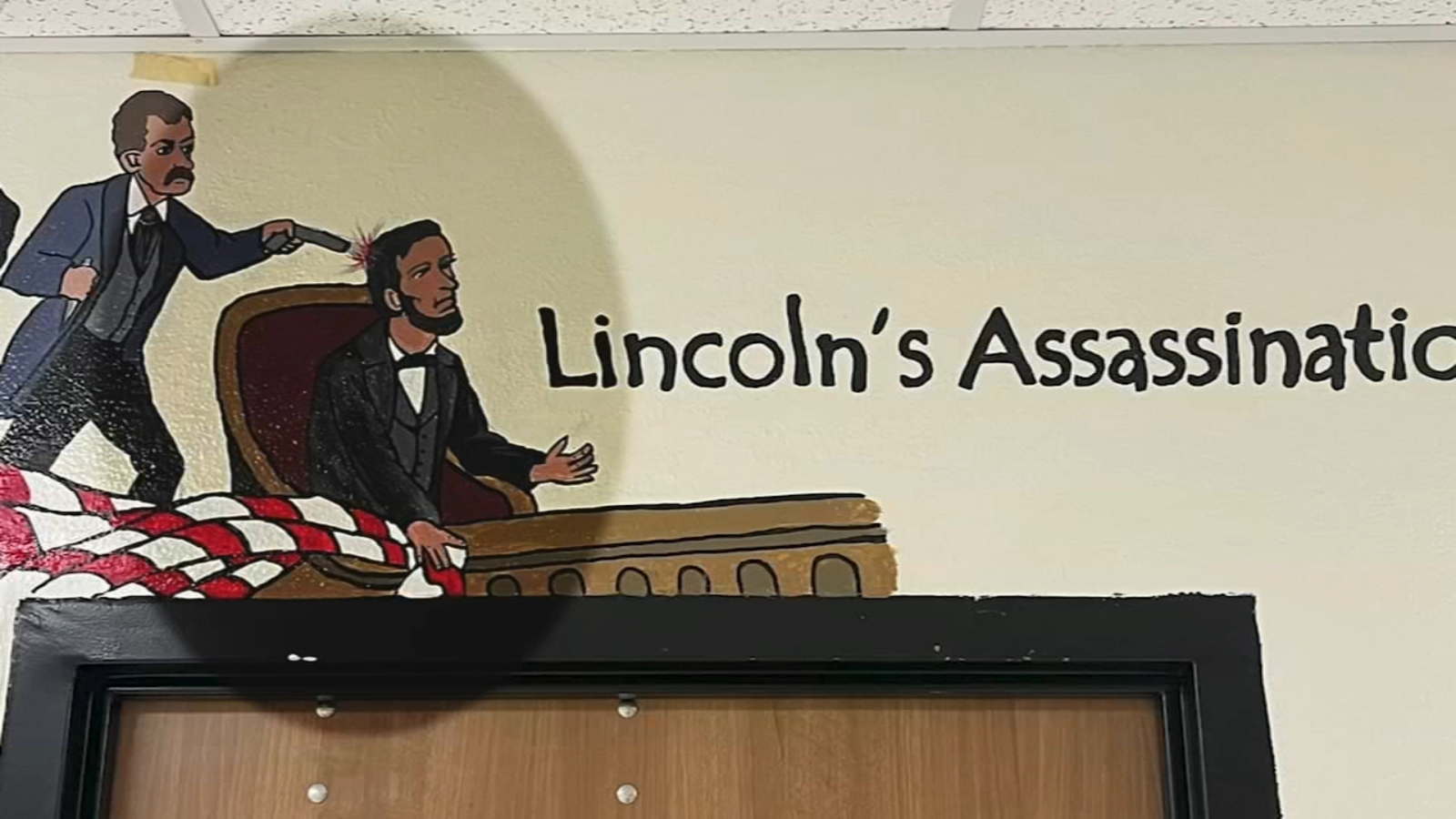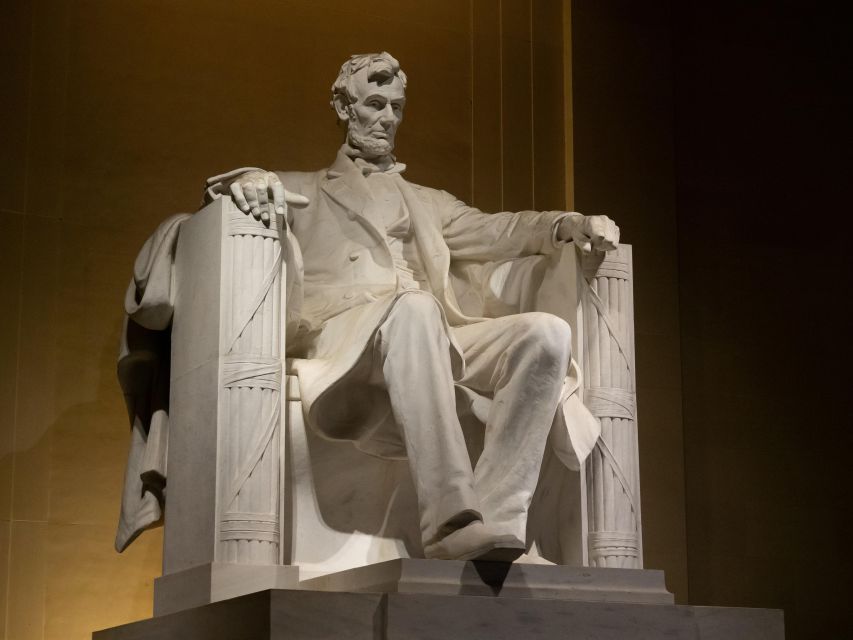
The Fatal Shot: How the Assassination of Abraham Lincoln Shook a Nation and Forged a Legacy
On April 14, 1865, a nation still reeling from four years of brutal civil war was plunged into an abyss of unimaginable grief and chaos. Just five days after Confederate General Robert E. Lee surrendered to Ulysses S. Grant at Appomattox, signaling the effective end of the Civil War, President Abraham Lincoln, the stoic and visionary leader who had steered the Union through its darkest hours, was struck down by an assassin’s bullet. His death, a cruel twist of fate at the cusp of peace, not only robbed America of its guiding hand but also irrevocably altered the course of its history, transforming a wartime president into an enduring martyr.
The air in Washington D.C. that Friday night was thick with a nascent sense of triumph and relief. The long, bloody conflict that had pitted brother against brother was finally drawing to a close. President Lincoln, weary but resolute, sought a moment of respite and celebration. He and his wife, Mary Todd Lincoln, along with their guests, Major Henry Rathbone and his fiancée Clara Harris, decided to attend a performance of the popular comedy "Our American Cousin" at Ford’s Theatre. The presidential box, draped with an American flag, was a familiar sight to the theatre’s patrons.
Lincoln arrived late, as was his custom, prompting an immediate standing ovation from the appreciative audience. He settled into his rocking chair, a familiar figure whose tall, gaunt frame and deeply lined face spoke volumes of the burdens he had carried. Yet, on this particular evening, witnesses noted a rare lightness in his demeanor. He was said to be in good spirits, looking forward to the daunting task of reuniting and rebuilding the shattered nation. This fleeting moment of peace would be his last.

Unbeknownst to the President, a sinister plot was already in motion. John Wilkes Booth, a renowned actor and fervent Confederate sympathizer, had meticulously planned Lincoln’s assassination. Booth harbored a deep-seated hatred for Lincoln, whom he viewed as a tyrant intent on destroying the Southern way of life. For months, he had been consumed by the idea of striking a blow against the Union, initially planning to kidnap the President, but escalating his scheme to murder following the Confederacy’s collapse. He saw Lincoln’s speech on April 11, advocating for black suffrage, as the final insult, sealing his resolve. "That means nigger citizenship," Booth reportedly seethed, "Now, by God, I’ll put him through. That is the last speech he will ever make."
Booth, intimately familiar with Ford’s Theatre due to his acting career, used his knowledge to his advantage. He had prepared the presidential box, ensuring the door could be barred from the inside and even boring a peephole into the door to monitor Lincoln’s movements. During the third act of "Our American Cousin," at approximately 10:15 p.m., a moment in the play where a character’s line ("You sockdologizing old man-trap!") often drew loud laughter, Booth slipped silently into the presidential box.
As Lincoln leaned forward, enjoying the performance, Booth raised a single-shot .44 caliber Deringer pistol to the back of the President’s head and fired. The shot, muffled by the laughter of the audience, initially went unnoticed by many. Mary Lincoln, startled, turned to see her husband slump forward. Major Rathbone immediately lunged at Booth, who slashed him with a large knife, inflicting a severe wound.
Booth then leaped from the box to the stage, a drop of nearly twelve feet. In doing so, his spur caught on the Treasury Guard flag draped below the box, causing him to land awkwardly and break his left leg. Despite the injury, he rose, dramatically shouting "Sic semper tyrannis!" (Thus always to tyrants!), the motto of Virginia, and possibly adding "The South is avenged!" He then limped across the stage, through a bewildered cast, and exited the theatre through a back door, where a getaway horse awaited.
Chaos erupted in the theatre. Doctors in the audience rushed to the presidential box, finding Lincoln mortally wounded. Dr. Charles Leale, the first physician to reach the President, immediately recognized the gravity of the injury. "His wound is mortal," Leale declared. "It is impossible for him to recover." Unwilling to let the President die in the theatre, a public place, they carefully carried him across the street to the Petersen House, a modest boarding house.
Lincoln was laid diagonally across a small bed, too short for his tall frame, in a back room. His breathing was labored, and he never regained consciousness. Throughout the night, cabinet members, military officials, and family friends gathered, maintaining a somber vigil. Secretary of War Edwin M. Stanton took charge, issuing orders, interviewing witnesses, and launching the unprecedented manhunt for Booth. Mary Lincoln, consumed by grief, periodically entered the room, her wails echoing through the house.
At 7:22 a.m. on April 15, 1865, Abraham Lincoln breathed his last. Stanton, observing the final moments, reportedly uttered the profound words: "Now he belongs to the ages." The nation awoke to the devastating news, plunging from jubilation to despair. Bells tolled, businesses closed, and people openly wept in the streets. The sense of collective loss was profound, amplified by the cruel timing – the man who had preserved the Union would not live to see it fully healed.
Booth’s act was not a solitary one. He had orchestrated a wider conspiracy to decapitate the Union government. On the same night, his co-conspirator, Lewis Powell, brutally attacked Secretary of State William H. Seward, who was recovering from a carriage accident, at his home. Seward was stabbed multiple times but miraculously survived. Another conspirator, George Atzerodt, was tasked with assassinating Vice President Andrew Johnson, but he lost his nerve and fled. The plot, while failing in its entirety, succeeded in its most devastating objective.

A massive manhunt, unprecedented in American history, was immediately launched. Booth, accompanied by David Herold, who had aided Powell’s escape, managed to evade capture for nearly two weeks, despite his broken leg. They fled south through Maryland, seeking refuge from Confederate sympathizers. Their journey was arduous, filled with pain, fear, and betrayal. Booth recorded his justifications in a diary, expressing his belief that he had acted for the good of the South and would be hailed as a hero.
On April 26, federal troops finally cornered Booth and Herold in a tobacco barn on Richard Garrett’s farm in rural Virginia. Herold surrendered, but Booth refused to come out. The barn was set ablaze, hoping to flush him out. As the flames engulfed the structure, Booth reportedly tried to shoot the soldiers. Sergeant Boston Corbett, a Union soldier who claimed divine guidance, fired a shot through a crack in the barn wall, striking Booth in the neck, severing his spinal cord. Booth was dragged from the burning barn, paralyzed, and died a few hours later, reportedly muttering, "Useless, useless."
The swift and decisive response of the federal government continued with the trial of the captured conspirators. Eight individuals, including Mary Surratt, a boarding house owner where the plotters often met, were tried by a military commission, reflecting the ongoing state of war and the government’s desire for a swift resolution. In July 1865, four of the conspirators – Mary Surratt, Lewis Powell, David Herold, and George Atzerodt – were found guilty and executed by hanging. Surratt’s execution, as the first woman ever executed by the U.S. federal government, remains a controversial point in American legal history.
The assassination irrevocably altered the course of American history. Lincoln’s death elevated him to the status of a martyr, solidifying his legacy as the savior of the Union and the Great Emancipator. His final public address, delivered just three days before his death, spoke of "malice toward none, with charity for all," laying out a vision for a magnanimous Reconstruction. With his death, that vision was largely abandoned. The task of Reconstruction fell to his successor, Andrew Johnson, whose conciliatory approach towards the South clashed with the Radical Republicans in Congress, leading to a decade of bitter political struggle and racial strife.
Lincoln’s assassination, a tragic coda to a brutal war, ensured that the memory of his leadership would forever be etched in the American consciousness. It transformed him from a political figure, often criticized and reviled by his opponents, into an almost mythical symbol of national unity and sacrifice. The act of violence that sought to destroy the Union’s spirit ultimately reinforced it, cementing Lincoln’s place as one of America’s most revered figures.
More than a century and a half later, the assassination of Abraham Lincoln remains a searing wound in the American narrative. It is a stark reminder of the fragility of peace, the depth of political animosity, and the profound impact of individual actions on the course of history. It serves as a permanent marker, a solemn testament to the cost of preserving a nation and the enduring legacy of the man who, even in death, pointed America towards its "better angels."


